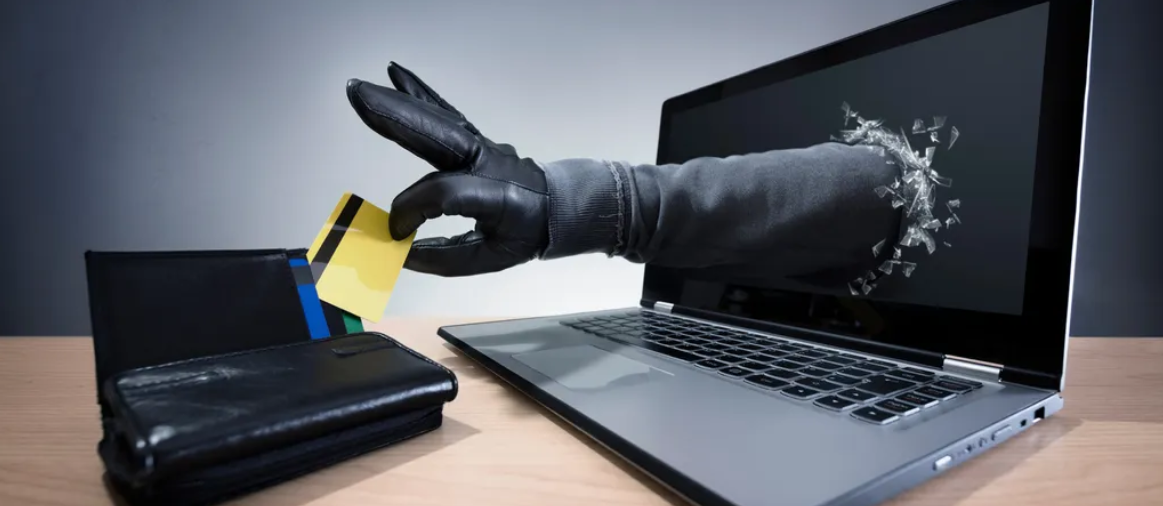Departments
Skip to content

Scams and Fraud

Signs of Identity Theft
Accounts on your Credit Report that you did not open
Receiving bills or collections for purchases you did not make
Transactions on your statement you did not authorize
Unanticipated Mail
Receiving unexpected Two-Factor Authentication Codes
Unfamiliar devices linked to your online accounts
How to Report Identity Theft
The Federal Trade Commission (FTC) online here or call 1-877-438-4338
Contact the major credit reporting agencies to start a fraud alert and credit freeze
Contact the fraud department of your account
How Identity Theft Happens
Stolen wallet, financial transaction cards, Identification, or checks
Not shredding documents with account information before discarding
Opening "phishing" emails or texts
Too much personal information on social media accounts
Using public Wi-Fi
Saving login information in unsecure location
Filling out online surveys or quizzes that ask for personal information
Callers impersonating family members asking for money to get out of jail or ransom
Common Scams
Impersonating Government Officials
Federal, State, or Local Law Enforcement will never contact you and solicit money in lieu of arrest or prosecution. Scammers will sometimes impersonate real officers who's information they found online in order to try to authenticate their scam. Any time something feels wrong, you should request their name and agency, then contact that agency directly and request to speak with the named individual
Publishers Clearing House
If you are called by someone claiming to be from Publishers Clearing House saying you have won a large sum of money and you are asked to send them funds or account information, it is a scam. PCH asks you to call 800-392-4190 if you are contacted in this manner or believe you are being scammed
Marketplace and other online sales boards
If you list something for sale on a public forum, you may be contacted by someone stating that they will pay your full asking price as well as shipping costs, they may even send you a check. This is a frequent tactic used by scammers to get you to deposit their check and send the product. This is a scam, the safest means to receive funds for products you are selling privately is by cash using small bills. Money orders, cashiers checks, and transactions through smartphone apps can all be fraudulent
